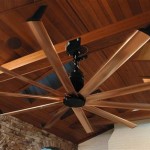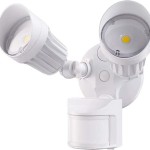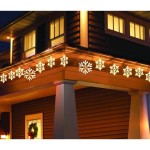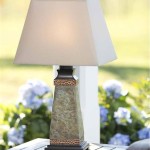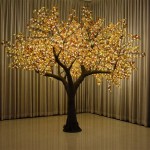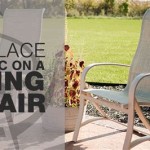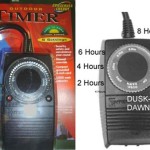Essential Aspects of Selecting Cable for Outdoor Lighting
Choosing the right cable for outdoor lighting is crucial to ensure safety, durability, and reliable performance. Various factors come into play when making this decision, including the environment the cable will be used in, the type of lighting fixture, and the installation method.
Conductor Material
Copper and aluminum are the most common conductor materials used in outdoor lighting cables. Copper cables are more expensive but offer excellent conductivity and durability, making them ideal for heavy-duty applications. Aluminum cables are less expensive but have a lower conductivity rate and are more prone to corrosion in moist environments.
Insulation Type
The insulation material protects the conductors from moisture, UV radiation, and mechanical damage. Common insulation types include PVC (Polyvinyl Chloride), XLPE (Cross-Linked Polyethylene), and EPR (Ethylene Propylene Rubber). PVC is cost-effective and provides good protection against moisture. XLPE has a higher temperature rating and is more resistant to UV degradation. EPR provides excellent flexibility and is ideal for low-temperature applications.
Cable Construction
Outdoor lighting cables are typically round or flat and come with various shielding and armoring options. Shielded cables reduce electromagnetic interference (EMI), while armored cables provide protection against physical damage from digging or impact. The type of construction depends on the specific environment and application.
Voltage Rating
The voltage rating of the cable must match the voltage of the lighting fixture. Using a cable with a voltage rating lower than the fixture's voltage can lead to overheating and potential hazards. Conversely, using a cable with a voltage rating higher than necessary adds unnecessary cost and may not provide additional protection.
Environmental Considerations
Outdoor lighting cables must withstand the harsh conditions of the environment. Consider factors such as moisture, temperature extremes, UV exposure, and chemical resistance when selecting a cable. Marine-grade cables are designed for harsh marine environments, while direct burial cables are suitable for underground installations.
Conclusion
Selecting the appropriate cable for outdoor lighting involves careful consideration of several essential aspects. By understanding the conductor material, insulation type, cable construction, voltage rating, and environmental considerations, you can choose the right cable that ensures safety, durability, and reliable performance for your outdoor lighting project.

Using A Cable To Hang String Lights Concord Carpenter

Outdoor Garden Lighting Cable Elluminate

Techmar 15m Main Cable Spt 3 With 6 Connectors

What S The Best Cable To Use For Outdoor Lighting Billyoh Extra

Choosing Low Voltage Lighting Transformers Cable And Wire Connectors In Lite Outdoor

Outdoor Garden Lighting Cable Elluminate

Techmar 8m Main Cable Spt 1 With 4 Connectors

Heavy Duty Industrial Festoon Lighting 5 100m 1m Spacing

Premium 14 2 Outdoor Landscape Lighting Wire Duraflex By Syston Cable Technology

Extension Cable For Heavy Duty String Light 50m Outdoor Lighting Accessories
Related Posts
